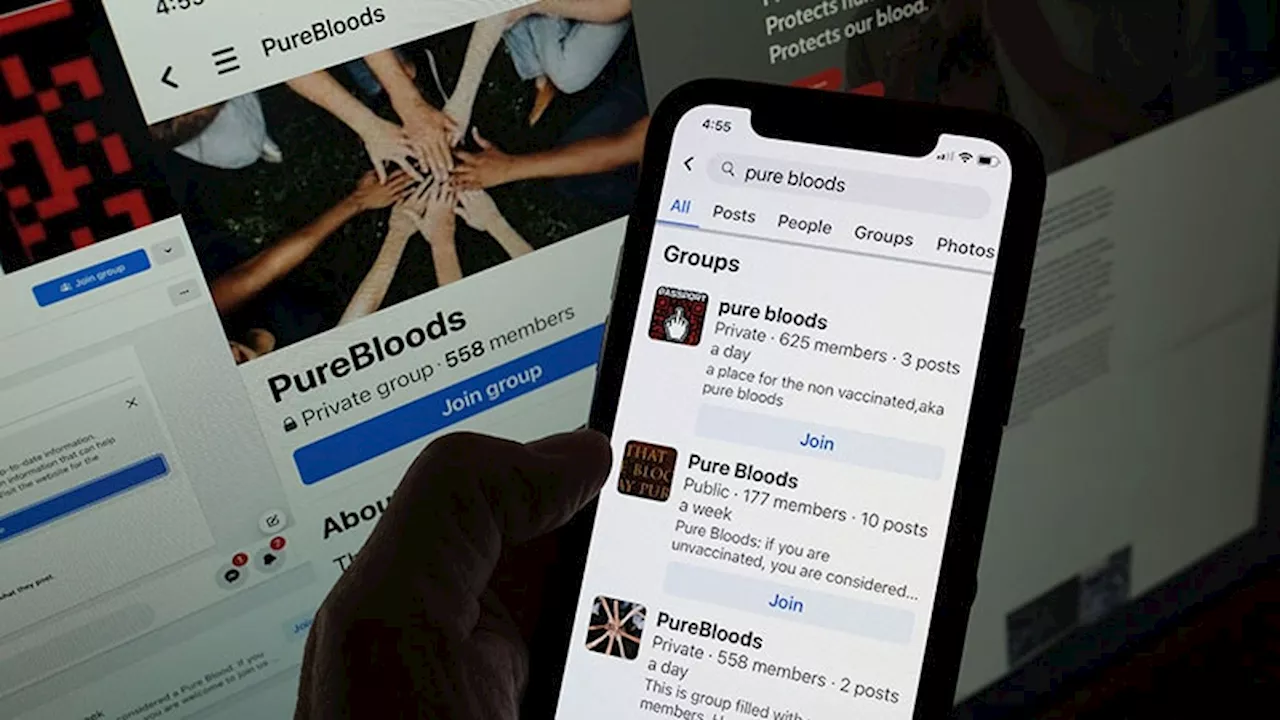Reliance on social media for news has increased susceptibility to false information, and collaborative initiatives are needed to rebuild trust in health information online.
A growing number of Canadian s encounters health misinformation online, which has resulted in negative health consequences and broken trust for some patients, according to a new survey commissioned by the Canadian Medical Association .
“The survey is really sobering because it shows us something that anyone who works in healthcare has been feeling, where we have a dual issue of people being bombarded with misinformation while also not being able to access healthcare,” said Joss Reimer, MD, CMA president and a hospitalist at Women’s Hospital in Winnipeg, Manitoba, Canada.About 6.
More Canadians said they’re turning to social media for news, increasing by 6 points, and fewer Canadians are visiting news organization websites or apps directly. People remain split about the effects of artificial intelligence, with about a third believing it’ll positively affect coverage, another third saying it’ll negatively affect coverage, and the final third seeing no changes.
Using these true/false belief statements to create a Misinformation Susceptibility Index, Abacus Data found that 43% of Canadians are highly susceptible to misinformation, including 47% of Gen Z, 49% of Millennials, and 40% of Gen X and Baby Boomers. “Sometimes it sounds like we’re exaggerating when we say misinformation is a life-or-death issue,” Reimer said. “However, during a recent hospital shift, a patient with a postpartum hemorrhage declined a transfusion because she didn’t want vaccinated blood. It’s heartbreaking because she’s trying to make the best decision for herself and her new child, but the decision is based on bad information, and it becomes a life-or-death issue.
Although most of the survey data is “very concerning,” Canadians’ ongoing trust of healthcare professionals and public health institutions leaves room for hope, said Theresa Tam, MD, Canada’s chief public health officer.“Public health works at the speed of trust. If people don’t have trust in our messages and recommendations, then they don’t follow them,” she said.
SDOH Social Determinants Of Health (SDOH) Canada Canadian Social Media Pregnancy Pregnant Anxiety Disorder Healthcare And Medical Technology Health And Medical Tech Health And Med Tech Health And Medical Technology Healthcare Technology Medical Technology Pneumonia Hospitals Postpartum Bleeding Postpartum Hemorrhage Postpartum Haemorrhage
United States Latest News, United States Headlines
Similar News:You can also read news stories similar to this one that we have collected from other news sources.
 Biden's Stumbles and Struggles: A Presidency Under FirePresident Biden faces increasing criticism over his handling of immigration, foreign policy, and the economy.
Biden's Stumbles and Struggles: A Presidency Under FirePresident Biden faces increasing criticism over his handling of immigration, foreign policy, and the economy.
Read more »
 USMNT Faces Venezuela in January Friendly: A Chance for New Faces to ShineThe US Men's National Team will play Venezuela in a January friendly, giving players a chance to impress new coach Mauricio Pochettino.
USMNT Faces Venezuela in January Friendly: A Chance for New Faces to ShineThe US Men's National Team will play Venezuela in a January friendly, giving players a chance to impress new coach Mauricio Pochettino.
Read more »
 28 Unforgettable Unsolved True Crime Cases & MysteriesNumber 4 and number 6 on this list are my personal Roman Empires.
28 Unforgettable Unsolved True Crime Cases & MysteriesNumber 4 and number 6 on this list are my personal Roman Empires.
Read more »
 The Hilarious and Unique Habits of CanadiansThis humorous article delves into the quirky and sometimes confusing habits of Canadians, as observed by both Canadians and non-Canadians.
The Hilarious and Unique Habits of CanadiansThis humorous article delves into the quirky and sometimes confusing habits of Canadians, as observed by both Canadians and non-Canadians.
Read more »
 Increasing clouds Thursday in Denver, with more mountain snow on the wayKatie Lasalle is a Denver7 Weather Forecaster, Anchor, & Reporter.
Increasing clouds Thursday in Denver, with more mountain snow on the wayKatie Lasalle is a Denver7 Weather Forecaster, Anchor, & Reporter.
Read more »
 Health department’s budget request prioritizes training doctors, increasing health insurance coverageThe agency tasked with overseeing public health in the state is asking for $4.8 million in additional state funding.
Health department’s budget request prioritizes training doctors, increasing health insurance coverageThe agency tasked with overseeing public health in the state is asking for $4.8 million in additional state funding.
Read more »
